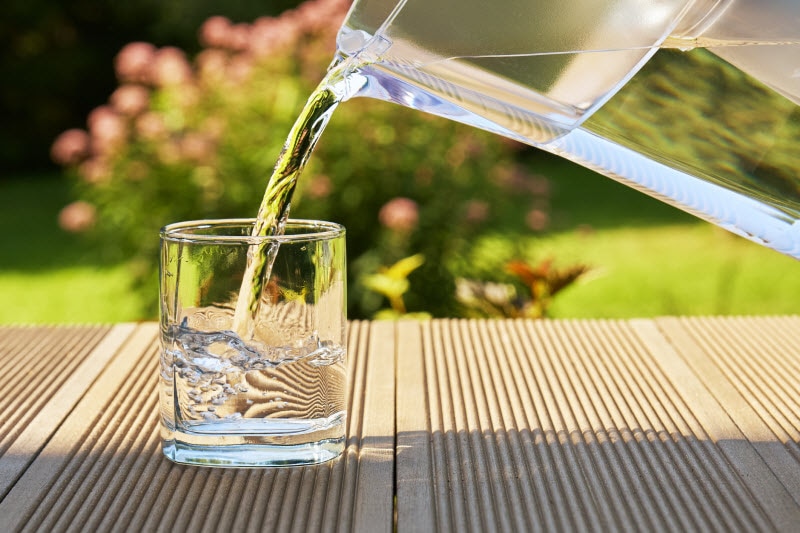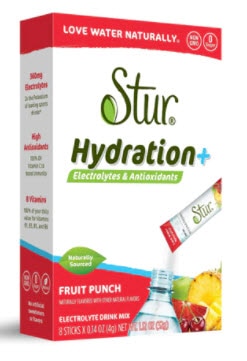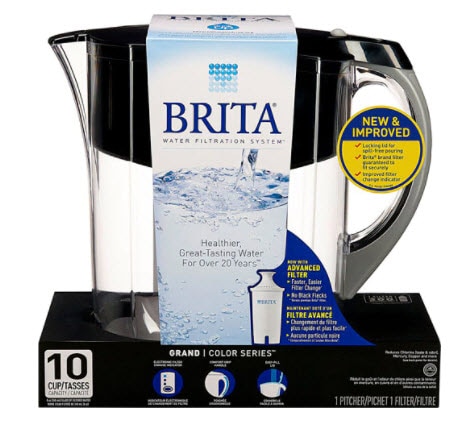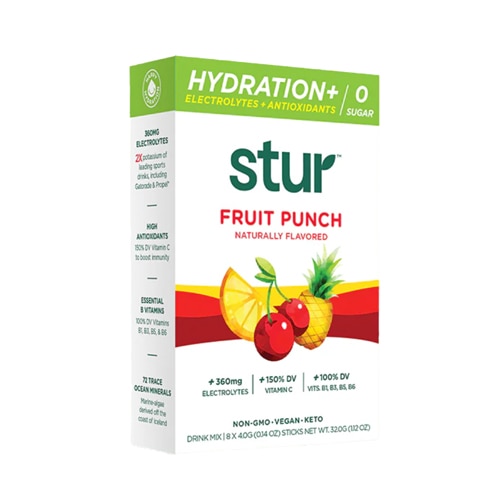Picture 11 gallons of water on a supermarket shelf. Now imagine pouring all 11 gallons into your body. That’s roughly how much water is in a 150-pound adult, as we’re about
60% water by weight.
In other words, more than half your body weight is water — and for good reason. Water is the most important nutrient in your body.
All aspects of your bodily functioning are affected by hydration.
Athletes have long known that dehydration can reduce physical performance. But insufficient hydration could contribute to numerous
health challenges that many people don’t connect with water status. Falling short on hydration is
linked to problems with brain function, belly fat, heart health, blood sugar and more.

What is dehydration?
Dehydration is a simple concept. It means your body doesn’t contain enough water. Yet, scientists and medical experts have found it tricky to agree on what criteria should be used to determine
if someone is dehydrated.
Sometimes dehydration is obvious. But a lot of the time it’s more subtle. Both full-blown dehydration and
mild dehydration (also called underhydration, low-grade dehydration, hypohydration or suboptimal hydration) can interfere with how well your body functions.
“I think almost everybody is affected by mild dehydration,” says
Dana Cohen, MD, coauthor of Quench. “If you don’t stay on top of your water intake, there’s a good chance you’ll be under-hydrated at some point during the day. If you’re thirsty, you are already a little too low on hydration.”
You can use methods beyond thirst to self-monitor hydration. “During waking hours, you should be
peeing every two or three hours,” Cohen says. “If you’re not, you’re probably not hydrating enough.”
You can also monitor the
color of your urine, Cohen says. If you’re hydrated, it
should be light yellow in color, not dark. Just be aware that some medications and certain supplements (including vitamin B2 or riboflavin) can change the color of your urine.
Effects of dehydration on the body: brain function and mood
When your brainpower or ability to focus dips, low hydration could be the culprit. Shortfalls in water that are typical during everyday living are enough to keep your brain from functioning at its best.
For example,
scientists tested 101 young adults by putting them in a hot room (86 degrees Fahrenheit) for three hours and only giving half of the group water to drink. Those given water did significantly better on cognitive tests, including the ability to recall words and focus their attention.
The participants deprived of water had lost less than 1% of their body weight via water losses in their sweat and breath, yet that was enough to decrease their brainpower. Usually, dehydration is considered to be dropping more than 2% of your weight from water loss. So, don’t underestimate how a seemingly small water shortfall could affect your brain function.
Similar
research has shown that people with mild dehydration had lower brain activity on a special type of MRI test when given a demanding task to do, compared to people who were hydrated. Well-hydrated individuals also had a better mood and less anxiety.
The next time you feel an afternoon mental slump, think about this research. “Before you reach for candy or sugar, try hydrating better,” Cohen says.
Dehydration and detoxification
Detoxification is a bit of a buzzword, but it’s something your body does 24/7. It’s how you get rid of toxins you may take in while eating and breathing. It’s also how you get rid of toxins created during routine bodily processes.
“You need to be really well-hydrated in order to detoxify properly,” Cohen says. “We get rid of toxins either by poop, urine or sweat. You need water to do all of those things.”
Studies show that even
mild dehydration is associated with a greater likelihood of constipation. If you’re constipated, you can’t eliminate toxins through your poop. The longer toxins stay in your system, the more likely they’ll cause trouble and increase your risk of disease, including
some types of cancer.
You also need to be well-hydrated to get rid of unwanted materials in your brain. “The
glymphatic system is what carries fluid in and out of your brain,” Cohen says. “That is how your brain detoxifies, and this primarily happens while you’re sleeping.” Reducing your risk of brain disorders like
Alzheimer’s disease and
Parkinson’s disease requires good brain detoxification.
Dehydration, belly fat and blood sugar
Most people have heard of metabolic syndrome, even if they’re not sure what it is. It is
a cluster of several problems, which may include increased belly (abdominal) fat, abnormal cholesterol and triglyceride levels, high blood sugar and high blood pressure. Growing research suggests poor hydration could contribute to metabolic syndrome.
When your body’s water levels are low, more vasopressin is secreted.
Vasopressin is your body’s main water-regulating hormone. It prompts your body to reabsorb water from the urine when hydration is low.
Interestingly, people with metabolic syndrome often have higher vasopressin levels. Elevated levels of this hormone seem to play a direct role in raising blood sugar and increasing the production of body fat.
Cohen points out a
recent mouse study that found that increasing water intake can suppress vasopressin levels. In turn, that prevented or reduced obesity and diabetes in the animals. “This is exciting because it suggests that drinking more water could be a viable option for improving diabetes and other aspects of metabolic syndrome,” she says.
Scientists are also looking at this in humans. Both a
study of people with type 2 diabetes and a
study of healthy adults found that poor hydration worsened blood sugar control when the people were given blood sugar challenge tests.
Dehydration and cardiovascular health
You may think about changing your eating habits or exercising more to reduce your risk of cardiovascular disease. But have you considered hydrating better?
Research has shown that even mild hypohydration can disrupt the normal functioning of blood vessels. That includes the proper widening of your arteries so blood can flow through easily.
One
small human study of healthy young men found that mild hypohydration reduced blood vessel functioning (called flow mediated dilation) by 27%. In comparison, smoking a cigarette can reduce it by 42%. So, poor hydration was more than half as problematic as smoking, which is one of the worst things for your cardiovascular system.
Another
study found that 36% of over 2,500 stroke patients were dehydrated when they were admitted to the hospital. The dehydrated patients were more likely to be severely disabled from the stroke or even die, compared to the hydrated patients.
Staying hydrated
Hydration is such a simple thing you can do to improve your odds of better health. But what is the best way to hydrate?
Cohen advises “frontloading your water.” This means drinking 8–16 ounces of water first thing in the morning. She suggests adding a squeeze of lemon juice and a pinch of
sea salt. Keeping an
insulated water bottle nearby can remind you to hydrate when you get up in the morning.
As for the old “
eight glasses of water a day” advice, Cohen says it has no real basis in science. Fluid needs
vary a lot with the individual and various activity, diet and environmental factors. That also means your own daily water needs
could fluctuate from day to day based on these variables.
“If I had to give you a number, I’d suggest consuming half your body weight in ounces,” Cohen says. So, if you weigh 140 pounds, you may need about 70 ounces of water daily. Or, if you weigh 180 pounds, that would be 90 ounces of water daily.
Scientists do know that the more you weigh, the more water you need.
Here’s the thing that many people don’t realize: a lot of your water can come from the food you eat, especially produce. For example, lettuce, spinach and strawberries are
90–99% water by weight. A typical American gets around
22% of their water from food. If we ate more produce (which many of us need to do), that portion would be much higher.
If you’ve been focused only on hydrating with beverages, it’s time to shift your thinking. Include both hydrating foods and beverages in your regimen.
“It takes just one or two days of hydrating better to notice a difference,” Cohen says. So, there’s pretty immediate gratification, unlike some health improvement efforts that may take months or years to realize the benefits.
Plus, staying well-hydrated can have benefits over the long term. “I think good hydration is the first step we should take to prevent many kinds of chronic illness,” Cohen concludes.
Featured products:








